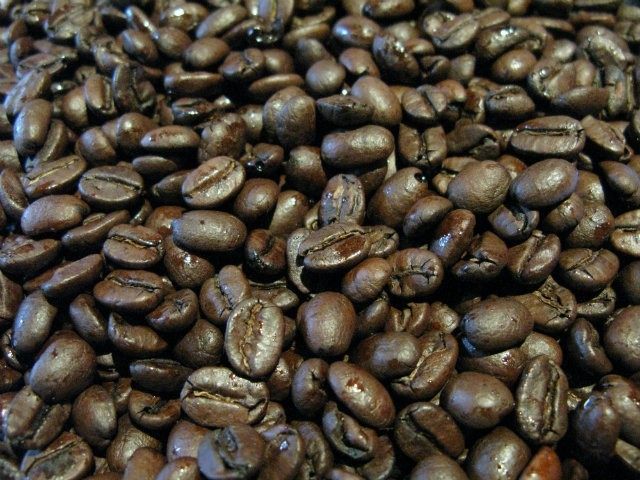In the Brussels Parliament, restaurants are subsidised by the tax payer, computers are rarely turned off overnight and TVs run continuously. But a cup of hot coffee from one of the many bars scattered around the beige building costs €1.10, less than half the price of anywhere in the rest of the capital.
The European Commission claims that the new rules won’t affect consumers as most filter machines have insulated jugs but for people who actually want a hot, rather than warm beverage it will mean the start of a lot of close watching as their morning wake up drink brews.
Espresso machines must now power down after 30 minutes and functions keeping cups warm will end after 60 minutes.
But officials claim that consumers will not even notice as ‘coffee in drip-filter mugs without an insulated jug is undrinkable after 40 minutes anyway.
Under the new rules drip filter machines with non-insulated jugs must power down 40 minutes after the end of the last brewing cycle.
But the new rules have found supporters in some areas, with a spokesman from the National Federation of Women’s Issues saying that “having appliances designed to be sparing with electricity is definitely a good thing for your household finances.”
“Nobody likes to waste energy, and at a time when energy bills are increasing” added Marylyn Haines Evans, public affairs chairwoman; “Coffee is one of the many products threatened by climate change, so it’s also good to know that when you’re making a cup, you’re doing your bit to cut down on carbon emissions too.”
The new rules are part of the EU’s Ecodesign initiative which is responsible for low powered vacuum cleaners and a ban on incandescent lightbulbs – even though ‘energy saving’ bulbs are known to cause headaches for many people and contain mercury which is difficult to dispose of safely.
As well as coffee percolators, networked devices such as routers, smart TVs and printers should also be able to switch automatically into a low power standby mode.
Defending the laws, the Commission claim that the rules will safe householders around £32 a year in lower energy bills.
European Consumer Organisation director general Monique Goyens said: “Improving the energy consumption levels of everyday consumer products is the right approach to contribute some relief to consumers from increasing energy bills.
“With purchases increasingly moving online it makes perfect sense for shoppers to have a useful energy label at their disposal to compare products.”
UKIP Deputy leader Paul Nuttall said it was “time for the British people to wake up, smell the coffee and tell the hyper-regulating EU bureaucrats where to go.”

COMMENTS
Please let us know if you're having issues with commenting.